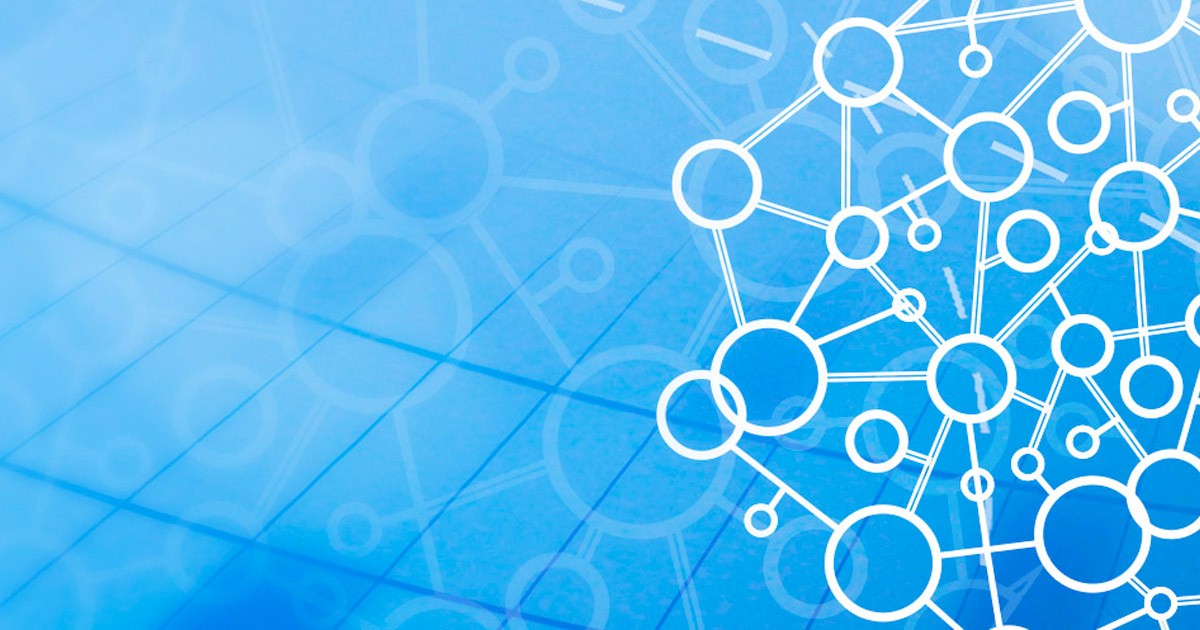Internet Addiction, Lifestyle or Mental Disorder? A Phenomenological Study on Social Media Addiction in Indonesia
DOI:
https://doi.org/10.18502/kss.v2i4.879Abstract
This paper attempts to shed some light on how internet users, who feel they are heavy users of the internet, interpret the meaning of internet addiction. This phenomenologicalstudy is based on interviews with 9 informants who see themselves as internet addicts. A psychology expert was interviewed for triangulation. The methods used to collect data were in-depth interview, observation, and direct interaction with the informants’ social media. The results of study showed that the informants spend 1 to 8 hours daily to access internet, and they feel upset, angry, bored, outcast, disconnected from the world, or feel like something is missing when they are unable to access the internet, (6) the informants have their own commitment in working. However, the informants do not consider their internet addiction as critical. Rather, they see their ‘addiction’ as part of their daily needs and lifestyle.References
American Psychiatric Association, (2013). Diagnostic Statistical Manual of Mental Disorders, Fifth Edition (DSM-5). Washington, DC, London, England: American Psychiatric Publishing.
J. Amriwijaya, (2016, September 05). Interview about Internet Addiction. (N. Kurniasih, Interviewer).
M. Anandarajan and C. A. Simmers, Personal Web Usage in the Workplace: A Guide to Effective Human Resources Management, IGI Global, Hershey, PA, 2003.
M. Azher, R. B. Khan, M. Salim, M. Bilal, A. Hussain, and M. Haseeb, “The Relationship between Internet Addiction and Anxiety among students of University of Sargodha,” in International Journal of Humanities and Social Science, vol. 4, pp. 288–293, 2014.
J. J. Block, “Issues for DSM-V: Internet addiction,” American Journal of Psychiatry, vol. 165, no. 3, pp. 306–307, 2008.
B. Brülde, “The Concept of Mental Disorder (Philosophical Communications, Web Series, No. 29)., Sweden,” Filosofiska institutionen Göteborgs universitet, 2003.
M. Cardona, T. Kretschmer, and T. Strobel, “ICT and productivity: Conclusions from the empirical literature,” Information Economics and Policy, vol. 25, no. 3, pp. 109– 125, 2013.
H. Cash, C. D. Rae, A. H. Steel, and A. Winkler, “Internet addiction: A brief summary of research and practice,” Current Psychiatry Reviews, vol. 8, no. 4, pp. 292–298, 2012.
CISCO, Connected World Technology Final Report, CISCO, San Jose, CA, 2014.
K. S. Cook and E. Rice, (2003). Chapter 3: Social Exchange Theory. In J. Delamater(Ed.), Handbook of Social Psychology (p. Kluwer Academic/Plenum Publishers). New York: 53-76.
R. Cropanzano and M. S. Mitchell, “Social exchange theory: An Interdisciplinary review,” Journal of Management, vol. 31, no. 6, pp. 874–900, 2005.
R. Jahanian and Z. Seifury, “The impact of internet addiction on students’ mental health in technical and vocational colleges in alborz province,” Middle East Journal of Scientific Research, vol. 14, no. 11, pp. 1533–1538, 2013.
S. Kemp, Digital in 2016: We Are Social’s Compendium of Global Digital, Social and Mobile Data Trends and Statistics, wearesocialsg, Singapore, 2016.
R. W. Kubey, M. J. Lavin, and J. R. Barrows, “Internet use and collegiate academic performance decrements: Early findings,” Journal of Communication, vol. 51, no. 2, pp. 366–382, 2001.
S. Moidfar and K. H. Gatabi, “Investigating the Phenomenon of the Internet Addictive Usage Among Adolescents and Youth (15-25 years of age) in the City of Tehran,” in International Journal of Social Sciences(IJSS), vol. 1, pp. 75–81, 2011.
D. Moran, (2002). Introduction to Phenomenology. New York: Routledge.
T. Pénard, N. Poussing, and R. Suire, (2011, Julu). Does the Internet make people happier? Working Paper, No 2011-41. France: CEPS Instead.
R. Pies, “Should DSM-V Designate, Internet Addiction,” a Mental Disorder? Psychiatry (Edgmont), vol. 6, no. 2, pp. 31–37, 2009.
M. Prensky, (2001, October 5). Digital natives, digital immigrants. Retrieved September 25, 2013, from Marc Prensky: http://www.marcprensky.com/writing/Prensky%20- %20Digital%20Natives,%20Digital%20Immigrants%20-%20Part1.pdf.
PricewaterhouseCoopers [PWC], (2012). The Power of The Net Generation. Virginia: PWC.
PsychGuides.com, (2016). Getting Help for an Internet Addiction. Retrieved September 5, 2016, from PsychGuides.com: http://www.psychguides.com/guides/gettinghelp- for-an-internet-addiction/.
B. A. Quinn, (2007). The Evolving Psychology of Online Use: From Computerphobia to Internet Addiction. Texas: Texas Tech University. Retrieved from https://ttuir. tdl.org/ttu ir/bitstream/handle/2346/489/fulltext.pdf?sequence=1.
K. P. Rosenberg and L. C. Feder, (2014). An Introduction to Behavioral Addictions. In K. P. Rosenberg, L. C. Feder, & Ed., Behavioral Addictions: Criteria, Evidence, and Treatment (pp. 1-17). Amsterdam: Elsevier & Academic Press.
M. C. Shaw and D. W. Black, “Internet addiction: Definition, assessment, epidemiology and clinical management,” CNS Drugs, vol. 22, no. 5, pp. 253–265, 2008.
J. A. Smith, P. Flowers, and a. M. Larkin, Interpretative Phenomenological Analysis: Theory, Method and Research, Sage, Los Angeles London, New Delhi, Singapore, Washington, 2009.
K. S. Young, “Internet Addiction: Symptoms, Evaluation, And Treatment,” in X. L. Van de Creek, Innovations in Clinical Practice: A Source Book, vol. 17, p. pp, Professional Resource Press, Sarasota, FL, 1999.
K. S. Young and C. N. Abreu, Internet Addiction: A Handbook and Guide to Evaluation and Treatment, John Wiley and Sons, Canada, 1st edition, 2011.
D. Zahavi, (2003). Husserl’s Phenomenology. Standford California: Standford University Press.

